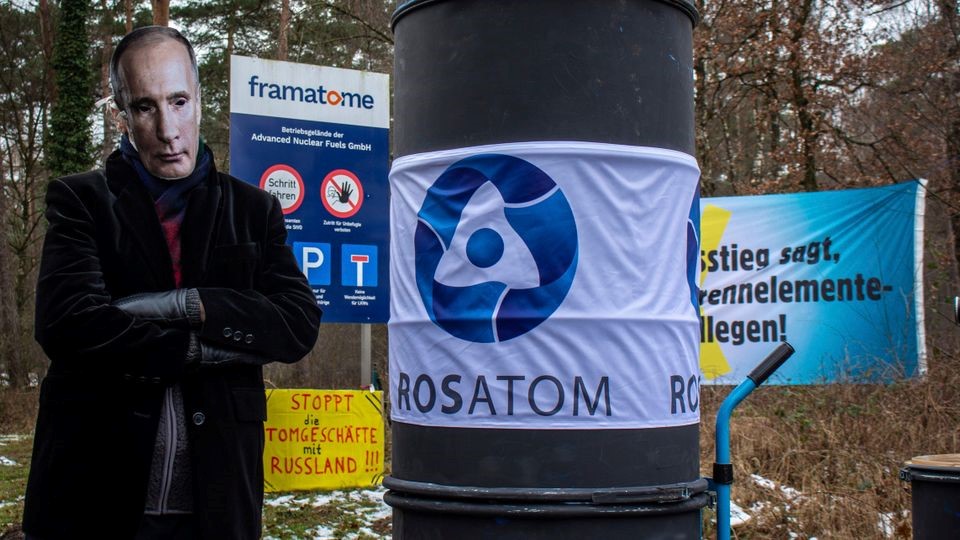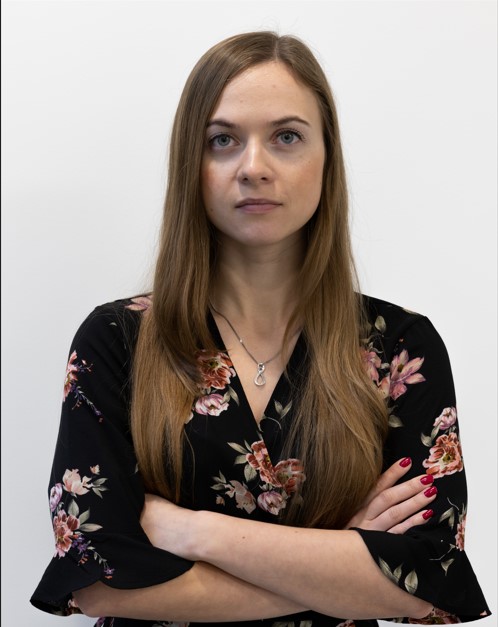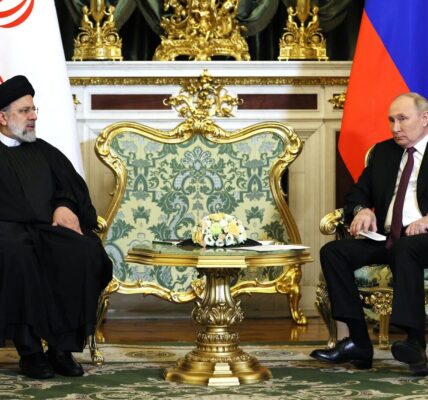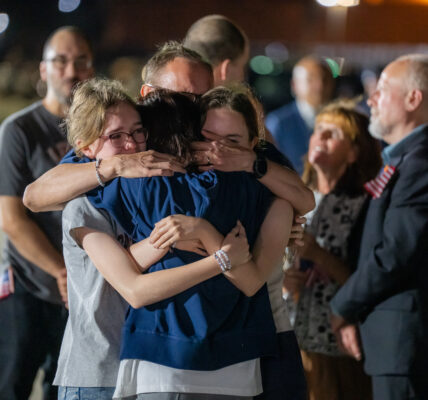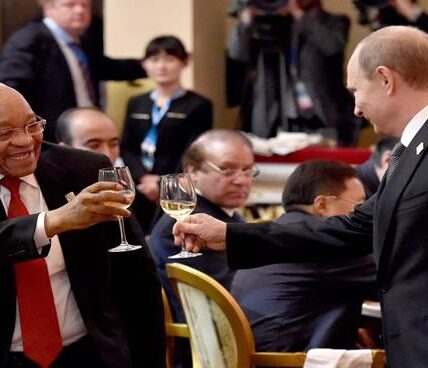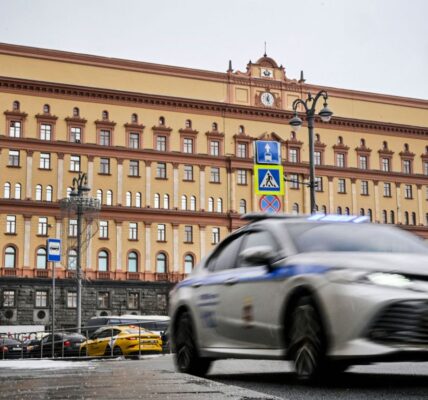Nestled in the tranquil landscapes of Lower Saxony lies a Lingen factory, now entangled in controversy: 40 uranium shipments approved for transit from Russia’s nuclear giant, Rosatom.
The collaboration between Rosatom and France’s state-run Framatome to fuel reactors serving over 100 million Eastern Europeans has set alarm bells ringing across Germany. Amidst whispers of espionage and sabotage, approval of uranium shipments from Russia to this very plant, coupled with Framatome’s ambitious expansion plans, magnifies the gravity of the situation. Despite geopolitical tensions and calls for sanctions, the appeal of nuclear profits seems to have clouded judgment, with business continuing as usual, much to the dismay of critics.
Rosatom: A Shadowy Power Player in Global Nuclear Fuel
Rosatom is Russia’s state nuclear company. It’s a global leader in uranium enrichment (36% market share) and nuclear fuel supply (17% market share), serving 78 reactors in 15 countries. This dominance extends to Russia’s own nuclear weapons program, which Rosatom also manages. The company reported a staggering $14 billion in annual revenue in 2023.
However, Rosatom’s involvement in Ukraine casts a shadow. Following the 2022 invasion, Rosatom assumed control of the Zaporizhzhia nuclear power plant, Europe’s largest. This raised serious safety and security concerns, as the plant is no longer under the supervision of its original Ukrainian operators.

Russian Uranium Arrives in Lingen Amid Expansion Plans
In February 2024, a shipment of 12 uranium barrels arrived at the Lingen fuel plant in Germany, marking the first traceable journey from St. Petersburg via Rotterdam. This comes despite Germany’s 2023 nuclear phase-out. A joint venture between Rosatom and French nuclear firm Framatome, a subsidiary of EDF, has secured an exemption, allowing continued production of nuclear fuel rods for Eastern European plants.
Lingen has reportedly imported Russian uranium eight times since the Ukraine war, highlighting Europe’s ongoing reliance on Rosatom fuel. This dependence is set to grow with Framatome’s planned expansion, specifically geared towards supplying fuel elements for Eastern European reactors reliant on Russian technology. With 18 reactors in Slovakia, Bulgaria, Hungary, Czech Republic, and Finland solely reliant on Russia for fuel and technology, this French-Russian partnership in Lingen deepens Europe’s vulnerability, raising alarm bells over energy security and regional stability.
Adding fuel to the fire, reports suggest potential integration of Russian special forces into the Lingen factory, potentially granting the Kremlin access to critical nuclear infrastructure.
Alexander Vent of the NGO Anti-nuclear activists in Emsland echoes these concerns: “Is there really an independence from Russia if the nuclear fuel is produced in Germany in the future, but with Russian uranium, Russian licenses, Russian experts and new contracts with Russia, without this business would not be possible?”
Sanctions’ Gaps
Despite European sanctions, Russian uranium continues to flow freely, with exemptions specifically carved out for nuclear fuel. This leniency, championed by France, which echoes the concerns of reliant Eastern European nations, has hampered efforts for a unified EU stance on sanctioning Rosatom.

This lack of consensus is particularly concerning given Rosatom’s dominance in the entire nuclear fuel cycle, encompassing enrichment, production, and reprocessing. While Ukraine strongly pushes for sanctions against Rosatom due to its activities at Zaporizhzhia and suspected involvement in planning the invasion, the Lingen expansion plans with Framatome threaten to deepen Europe’s dependence on Russia’s nuclear grip.
Former UK Army Intelligence Officer Colonel Philip Ingram, said: “The French have a history of supporting companies or organisations in conflict with their allies provided the money is right. It is shocking that any French or European company considers breaking sanctions by working for Russian companies, never mind with dual use technologies given Russia’s nuclear threats and historical use of radiological weapons such as we have seen used on the streets of London.”
Colonel Ingram further expressed his concerns, stating “The fact that the Germans are also using Russian companies to work on their nuclear plants is equally shocking. It is clear France and Germany prefer to keep funding Russian business whilst hiding behind talk of supporting Ukraine.”
Although German regulations require approval for Russian nuclear fuel imports, the ongoing expansion with Rosatom amidst the conflict raises serious questions about Europe’s commitment to energy security and regional stability, as Lower Saxony’s Environment Minister Christian Meyer emphasises: “Business with Putin should be ended, and this especially applies to the nuclear sector.”

